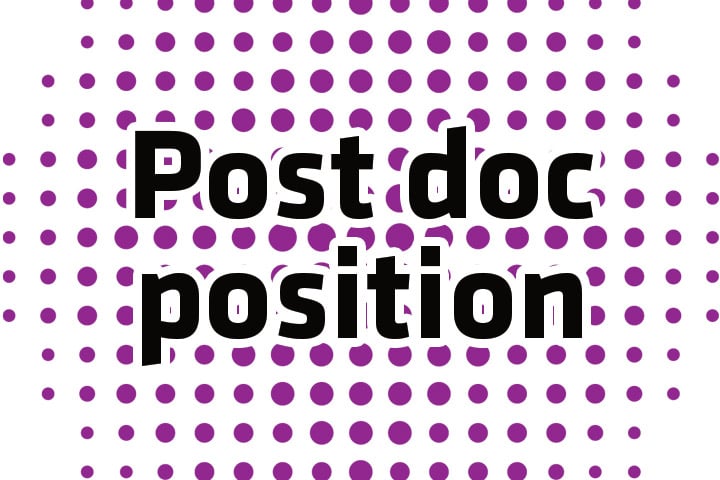
Postdoctoral position – Deciphering and Healing Addiction: Role of Philosophy in interdisciplinary Dialogue
Expected background:
PhD in philosophy of science or philosophy of mind; academic publications on issues related to the project (addiction; comparative psychology; animal models; desire and motivation, etc.
Research topic: For over half a century, numerous laboratory studies on non-human animals have sought to reproduce the phenomenon of addiction as it is characterized in humans. These studies can, however, only collect behavioral and physiological data, whereas the diagnosis of addiction is usually made for human subjects based on criteria whose definition requires reference to a set of subjective and intentional states. For example, under such diagnostic criteria, if we are talking about consumption that is heavier or more prolonged than initially intended, we must be able to identify how the individual perceives the discrepancy between their intention and their consumption, and reacts to the detection of such a discrepancy. In the same way, if we are talking about unsuccessful efforts to limit consumption, the behavior must be able to be described as an unsuccessful attempt, and therefore there must be objective signs of the failure of the project to moderate this consumption. Finally, if we talk about craving, we posit the existence of a desire directed toward a product or behavior, an intentional state characterized either by its intensity or by the fact that its occurrence does not imply that it is endorsed by the person who experiences it (one can desire the product and give in to this desire in spite oneself, thus expressing regret afterward).
There is, thus, a considerable divergence between the phenomenon of addiction as it is ordinarily characterized in people and animal models of addiction based solely on observable behaviors, hence a significant problem of external validity of these models. The research question that the postdoctoral researcher will have to answer is the following: is it possible, and if so, how, to refine the analysis of animal behavior in such a way as to detect, where appropriate, the behavioral translation of the intentional and subjective states that are inseparable from addiction as it is defined in humans? In particular, is it possible, based on observed behaviors, to distinguish between prolonged or heavy consumption and consumption that would have the characteristics and subjective counterparts of addictive consumption listed above?
Candidates’ projects may draw in particular on the literature in the philosophy of science on inference to the best explanation (what is meant by « best » and according to what criteria?) and on the relationships between data and phenomena. They may also draw on work in comparative psychology on the attribution of cognitive abilities to animals, as well as recent literature on the criteria for attributing subjective states to them.
Further details about this position:
Duration: Two years
Start date: October 2025 (at the latest)
Funding: IReSP-INCa
Location: Bordeaux, France, in a thriving interdisciplinary environment, notably the Bordeaux Neurocampus, an outstanding local network in the domain of neuroscience.
PIs: Serge Ahmed (CNRS Research Director, University of Bordeaux, France) and Denis Forest (Professor, IHPST, Paris, France).
Salary: University of Bordeaux standard postdoc salaries (the exact amount depends on the previous experience of the applicant, but first tranche begins at 2300 euros).
If you are interested
Please send your application (CV + letter of motivation/short project description) to:
Serge Ahmed:
Mise à jour: 12/05/25
